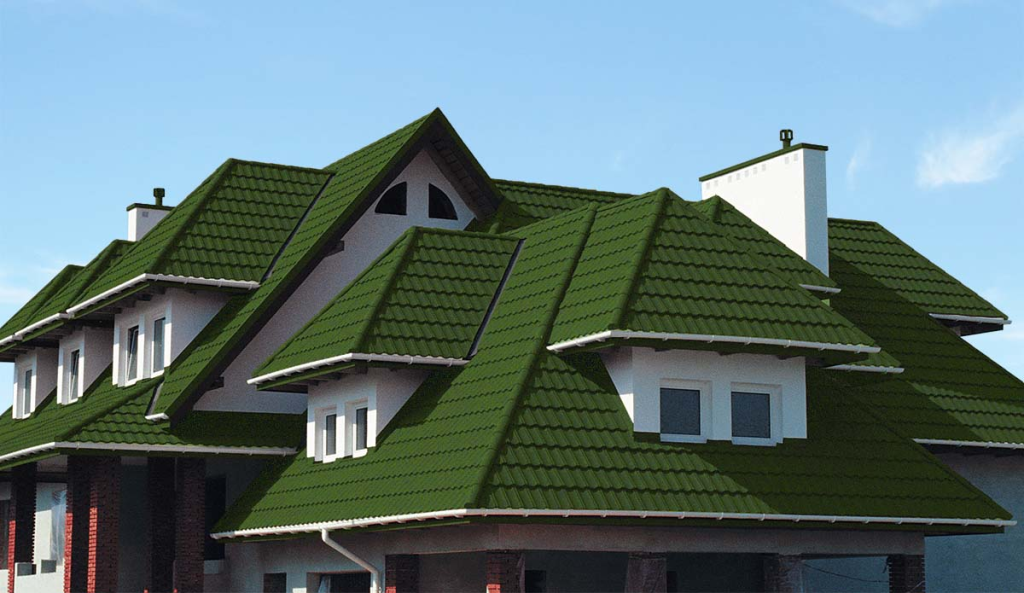Expansion bolts, also known as expansion anchors or mechanical anchors, are versatile fasteners used primarily for anchoring into concrete, brick, or other solid masonry materials.
Types of Expansion Bolts
Expansion bolts come in several types, each suitable for different applications:

- Wedge Anchor Bolts: These bolts consist of a threaded stud with a cone-shaped expander wedge attached to the end. When tightened, the wedge expands against the walls of the hole, providing a secure grip.
- Sleeve Anchor Bolts: Sleeve anchors have a cylindrical sleeve with a cone-shaped nut on the end. As the nut is tightened, the sleeve expands against the walls of the hole, anchoring the bolt in place.
- Drop-In Anchors: Drop-in anchors are internally threaded, and they are installed by inserting them into a pre-drilled hole and then using a setting tool to expand a sleeve inside the anchor, securing it tightly in the concrete or masonry.
- Through Bolt Anchors: Through bolts are used when a bolt needs to pass completely through a material. They have a nut and washer on one end and a threaded end on the other, with expansion sleeves or mechanisms in between to secure the bolt when tightened.
Applications
Expansion bolts are used in a wide range of applications across various industries and projects:
EXPANSION BOLT
Our Expansion Bolt uses high-strength steel and advanced production processes to ensure product strength and durability, making it suitable for a variety of construction and engineering applications.
View More- Building and Construction: They are essential for anchoring structural components such as beams, columns, and concrete forms into concrete or masonry structures.
- Infrastructure Projects: Used in the installation of bridges, tunnels, and other large-scale infrastructure where secure anchoring into concrete is required.
- Industrial Settings: Commonly used to secure heavy machinery, equipment, and conveyors to concrete floors or walls in factories and manufacturing facilities.
- Commercial Installations: Used for mounting fixtures, shelves, cabinets, and signage securely to walls in retail stores, offices, and public buildings.
- Outdoor Fixtures: Ideal for securing outdoor fixtures like fences, gates, and playground equipment to concrete pads or masonry foundations.
- Renovation and Retrofitting: Often used in renovation projects to reinforce existing structures or add new elements securely without major construction.
- DIY and Home Improvement: Popular in DIY projects for securely mounting items such as TVs, shelves, and bike racks to wall panels or floors.
Considerations
When selecting and using expansion bolts, it’s important to consider:
- Load Capacity: Ensure the bolt is rated for the load it will bear. Manufacturers provide load capacities based on bolt size, material, and installation method.
- Installation Depth: Proper drilling depth and diameter are crucial for effective anchoring. Follow manufacturer guidelines for hole size and depth relative to the bolt size.
- Material Compatibility: Choose bolts made from materials compatible with the environment (e.g., stainless steel for outdoor use) to prevent corrosion and ensure longevity.
- Installation Technique: Use appropriate tools and techniques for installing expansion bolts to achieve maximum holding strength and reliability.
Expansion bolt price
The price of expansion bolts can vary widely depending on several factors such as:
- Market Conditions: Like any commodity, market demand and supply conditions can influence the price of expansion bolts.
- Size and Type: Different sizes and types of expansion bolts have varying costs. Larger bolts or specialized types (e.g., stainless steel) may be more expensive than standard sizes or materials.
- Material: The material of the bolt affects its price. Stainless steel bolts are typically more expensive than carbon steel due to their corrosion resistance and durability.
- Quantity: Bulk purchases often result in lower per-unit costs. Prices may also vary depending on the supplier and location.
- Brand: Established brands with a reputation for quality and reliability may have higher prices compared to generic or lesser-known brands.
By understanding these details, you can effectively select and use expansion bolts for your specific application, ensuring secure and reliable anchoring in concrete, brick, or masonry materials.
For more information, you can contact us anytime!




